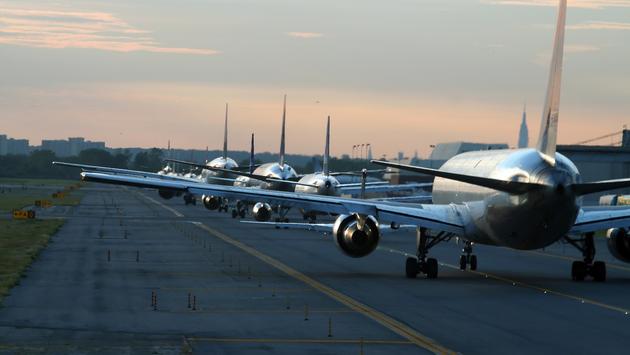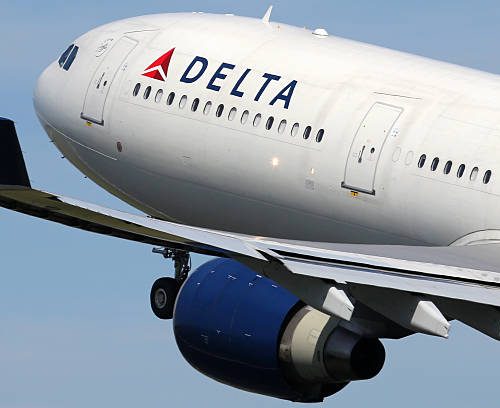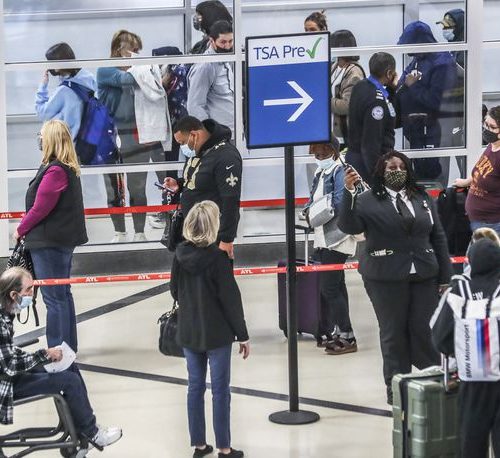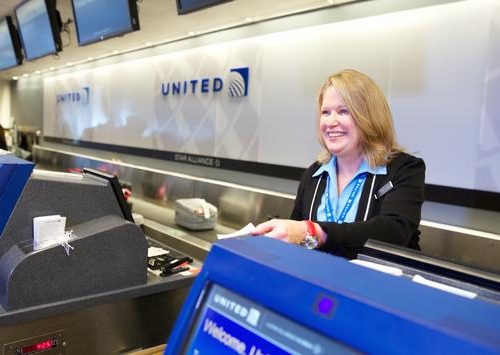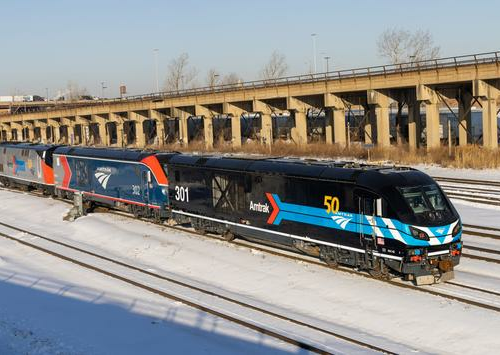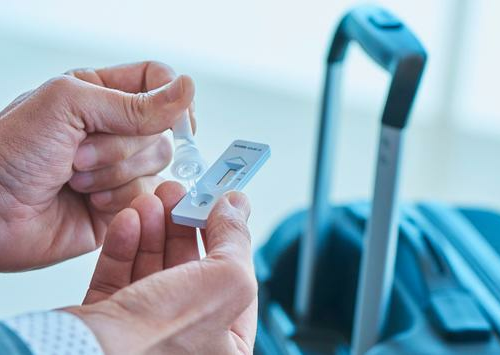RICH THOMASELLI | TravelPulse.Com
Troy Warren for CNT #Travel
Several hundred more flights have already been canceled so far this morning, Sunday, December 26, as Christmas weekend has turned into a nightmare for airlines and air travelers worldwide thanks to the Omicron variant.
More than 6,000 flights have been canceled since late Thursday, December 23, and more than 20,000 flights have been delayed, according to the flight tracking website FlightAware.com. As of 10 a.m. this morning, another 723 flights have already been canceled worldwide for tomorrow, Monday, December 27.
It’s a disaster of epic proportion for the airline industry, which had been enjoying a resurgence of passengers this year as they bounce back from the effects of the pandemic. The industry had strong Memorial Day, Summer, Labor Day and Thanksgiving travel numbers, and Christmas started the same way.
In fact, many airlines had tried to be preemptive by offering incentives and extra pay to employees to work the holidays between Thanksgiving and New Year’s. And it was working perfectly as the Transportation Security Administration (TSA) recorded a stretch of six days out of seven from Dec. 16-23 with two million+ passengers being screened each day. That included a day in which the daily passenger count was more than the same day in 2019, the first time that’s happened during the pandemic era.
Then the proverbial you-know-what hit the fan, coming at a time when the airlines have had to defend itself to Congress about where the federal grant and loan monies went and why they have been so short-staffed.
United Airlines was forced to cancel some flights on Thursday, December 23, telling employees in a memo obtained by CNN that “The nationwide spike in Omicron cases this week has had a direct impact on our flight crews and the people who run our operation.”
It quickly spread to airlines around the world. The airlines, which already had a labor shortage issue dating back to last year when it offered employees buyouts and early retirement in order to save more money during the pandemic, suddenly became short-staffed again. While Omicron doesn’t appear to be as deadly as the original virus or the subsequent Delta variant, doctors say it is more highly transmissible.
The flight cancellations would certainly explain the big drop in air travel passengers over the last two days. On Christmas Eve and Christmas Day in 2019 – the year that the industry uses to gauge its comeback since it was a pandemic-free time – airlines processed 2,582,580 and 2,470,786 passengers at U.S airports, respectively.
This year, a combined 3,242,999 travelers passed through security on Christmas Eve and Christmas Day. That’s 64 percent of the capacity that flew on those two days in 2019, well below the near 90 percent capacity the airlines had been flying at leading up to Christmas.
In Other NEWS


























